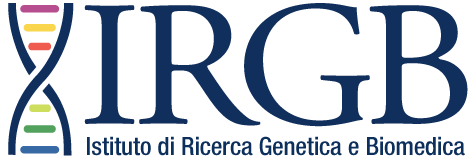Project Description
How host genome affects microbiome composition and function.
Human complex diseases have always been defined as an interaction between human genes and external environmental factors, such as air pollution, water quality, smoke, but it is now becoming evident that there is also another environmental factor that is internal to the human – that is the microbiome. The microbiome is the collection of bacteria, fungi and virus residing in the gastrointestinal track and their metabolites. It can directly influence diseases onset or progression, it can in turn be shaped by disease and its therapy, and potentially it can also be influenced by the host genetic. A better understanding of all these effects and complex interactions is mandatory for precision medicine.

In this project we aim to investigate if and how host genome affects microbiome composition and function. We are studying the gut microbiome and human genome of about 8,000 from the Dutch Microbiome Project, an ambitious project involving volunteers of the Lifelines Population Biobank. We have characterized both the microbiome and the human genome using state-of-the-art sequencing and genotyping technologies, generating information in >1000 microbiome features and >5 Million genetic variants. We are analyzing these using big-data statistical genetics tools.

Research Team:
The Dutch Microbiome Project was set up by Prof. Alexandra Zhernakova, Prof. Cisca Wijmenga, Prof. Jingyuan Fu, Prof. Rinse Weersma, Prof. Harmie Harmsen from the University Medical Center Groningen, The Netherlands. Their team has established a collaboration with Dr. Serena Sanna, Head of Research at the Istituto di Ricerca Genetica e Biomedica del CNR di Cagliari, Italy, for her expertise in large-scale genetic studies.
Relevant links:
Funding sources:
This research was funded by several sources, including
The UMCG Genetics Lifelines Initiative (UGLI), the CardioVasculair Onderzoek Nederland (CVON) grant (CVON 2012-03) , the European Research Council (ERC), the Netherlands Organization for Scientific Research (NWO).
Figure credits:
The figures were created using artwork from the New England Journal of Medicine glossary (https://illustrated-glossary.nejm.org/), from freepick.com and adapting a figure from Wendy S. Garrett J Cell Biol 2015;210:7-8

